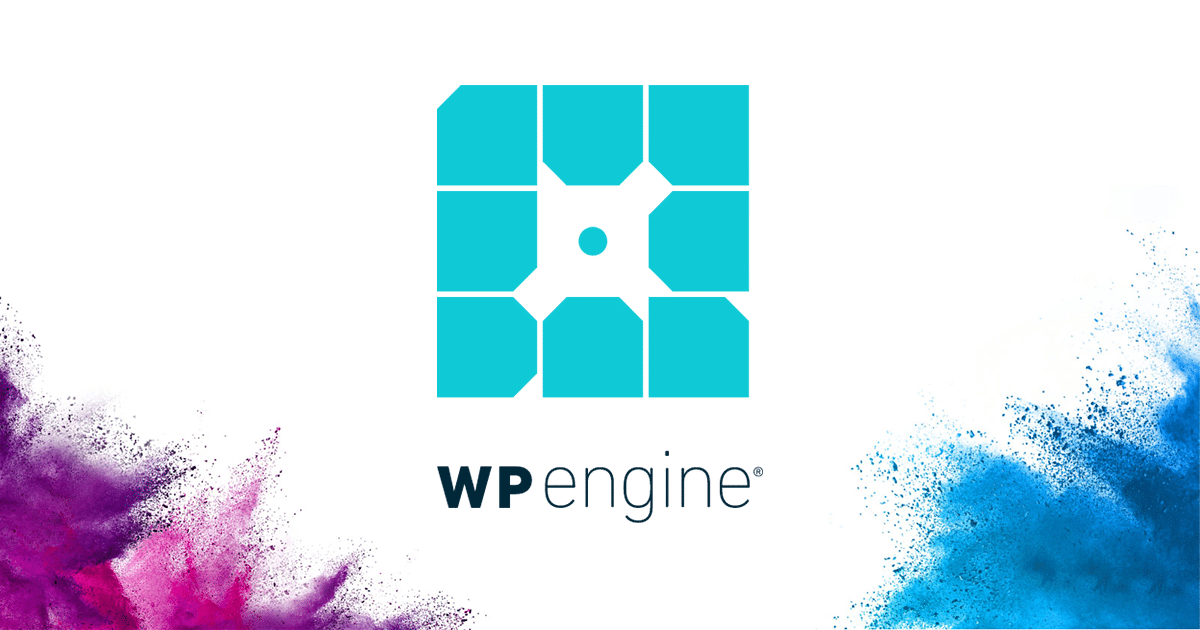
What are the main types of web hosting?
When you’re searching for a web host, you’ll quickly realize that there are a lot of technical specifications to choose from. If you don’t know a lot about servers and the back-end technology that makes a website run, you might find this variety a little overwhelming. However, it’s all pretty straightforward once you know what to look for.
Although there are many different categories of web hosting (such as eCommerce or enterprise), let’s first consider the four main types of web hosting. Each of these options offers a different kind of setup, and comes with unique pros and cons.
Shared hosting
As the name suggests, when you choose a shared hosting plan, your website will “live” on a physical server that’s also occupied by other websites. That means it shares all of the server’s resources with many other customers.
Shared hosting can be a good choice if you’re running a small site and need an affordable option. These are typically the lowest-price plans available.
However, when your website is sharing resources, it can be more susceptible to performance issues such as slow loading times or even disruptions in service. Since you can’t anticipate when your server “neighbors” will experience spikes in traffic, problems can arise unexpectedly.
Lower-end options often put many websites on a single server, and have limited security protocols between accounts, increasing security risks and cross-contamination from other websites on the server. This can be particularly prevalent with discount hosts, as a low barrier to entry allows for a larger number of poorly-configured shared environments.
Higher-end hosting providers will limit the number of websites on a shared server, and ensure there is additional bandwidth as well as failover capabilities if one website on the server experiences a traffic spike, or starts to overuse resources. These solutions are often considered “managed” meaning they include improved and continuous security measures and limitations to protect against cross-contamination.
Dedicated hosting
When you opt for a dedicated hosting plan, you get an entire physical server devoted solely to your website. That means you won’t have to worry about any other sites eating up valuable bandwidth and resources when you need them to keep your site running smoothly.
Another benefit of dedicated hosting is that you’ll get more control over how your server is configured and optimized. Of course, your options will still depend on what your web host offers, but you’ll get to customize both the hardware and software that runs your dedicated server (or pay a professional to do so for you).
On the other hand, dedicated hosting is generally the most expensive option. It can be overkill for smaller sites and requires more technical know-how (or the resources to pay for that knowledge).
Dedicated hosting can be a smart option for larger sites that experience large amounts of traffic or irregular visitor spikes. Businesses and eCommerce sites won’t have to worry as much about interruptions in service when they choose this type of hosting.
Virtual Private Server (VPS) hosting
If you want something more exclusive than shared hosting but not as involved as a dedicated server, you might want to consider a Virtual Private Server (VPS).
This type of hosting gives you a virtually-designated area on a web server. You’re still sharing a physical server with other customers, but you have a dedicated section. This means that traffic spikes on neighboring websites won’t affect your site’s performance, you’ll have your own allocated resources, and your site will be more secure.
Unlike with a dedicated server, you won’t be able to customize the software and hardware configuration. You’ll have to go with whatever default options your VPS hosting plan includes. However, this is a solid option for many mid-sized sites and businesses.
Cloud hosting
Unlike shared, dedicated, and VPS hosting, which are typically limited to one server or location, cloud hosting gives you access to an entire network of servers. This type of plan is usually highly customizable, allowing you to choose the exact amount of bandwidth and resources you require.
Since cloud hosting stores your site on multiple servers located around the world, it’s highly scalable and can guarantee excellent performance. That makes it a great option for large, international enterprises with steep budgets, although it may be excessive for smaller online businesses.
The same global reach can be achieved using other types of hosting coupled with a CDN, such as Cloudflare, and certain optimization tools. Some of the best WordPress hosting providers (like WP Engine!) allow users with premium plans to bundle in cloud hosting powered by Amazon Web Services (AWS), Google Cloud Platform, and Microsoft Azure.
https://wpengine.com/wordpress/what-is-wordpress-hosting/






